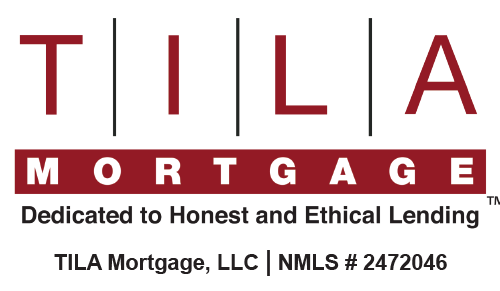There are certain numbers that are too important to forget: your age, your address, your debit card PIN.
But have you thought about your credit score?
A credit score is a number that represents your creditworthiness to lenders. It’s a critical piece of the formula when you’re applying for loans – including a home loan.
The link between your credit score and your mortgage loan application is simple: the better your credit score, the better your likelihood of getting a mortgage loan with favorable rates and terms.
If you’re on the hunt for a home, check your credit score first to see where you stand, credit-wise.
Why Is Your Credit Score Important?
Your credit score reflects your payment history to other creditors (if you tend to pay on time or are in default), your debt load (whether you’re over-extended on credit), and represents your overall default risk to your lender. The credit score is heavily weighted in their review of your comprehensive financial information and is used to determine if your loan application is approved, and at what interest rate.
The better the score, the lower the rate.
What Is A Good Credit Score?
While there is no industry-wide minimum credit score to be determined eligible for a mortgage, there are some specific loans that have clear thresholds.
If you’re considering a conventional home loan, the minimum required credit score is 620. FHA loans have the minimum eligible score set at 580. VA loans don’t have a minimum credit score requirement, but applicants do need a favorable credit score to secure a good rate.
Different lenders have different credit score requirements – as do the different loans that they offer. Most lenders, however, consider a credit score of 750 (and above) to be excellent. A score below 620, on the other hand, can be problematic.
However, it’s important to note that having a low credit score doesn’t necessarily mean you can’t get a loan at all. You will just have to work to find a lender that offers you a loan with your low credit score, and be prepared to pay higher fees, interest rates, and possibly take out an adjustable-rate mortgage instead of a fixed.
Practical Strategies For Improving Your Credit Score
If you’re planning to take out a mortgage but have a low credit score, it may be wise to hold off on your home purchase and spend some time focusing on raising your score. It will be worth it in the long run for not only the financial stability you’ll achieve, but also the reduced interest rates you’ll be able to qualify for on your mortgage.




